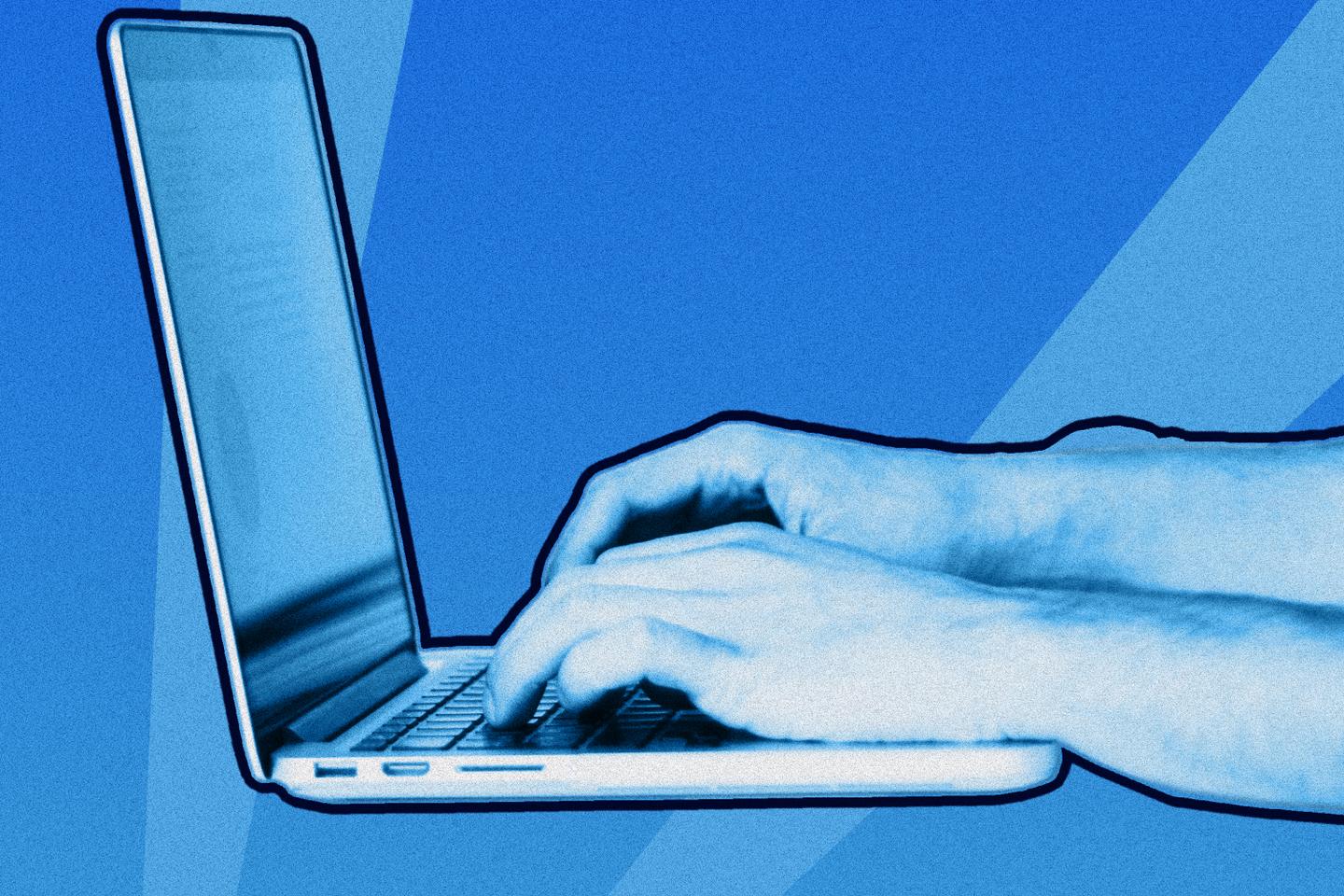


Raphaël Graven, known online as Jean Pormanove, died after 12 days of violence broadcast live before the cameras of several unscrupulous "producers" and thousands of voyeuristic internet users. This was not fiction like the kind filmed by director Bertrand Tavernier (1941-2021) in 1980's La Mort en direct (Death Watch), in which he condemned voyeurism and the society of spectacle. Violence is an inherent feature of human society and, from gladiator games to public executions, people have often paid to watch others suffer.
But the digital age has amplified this phenomenon. The hateful and violent content found on online platforms is so extreme that it impacts the mental health of moderators. In the case of the Kick platform, which broadcast the "Jean Pormanove" channel, the situation escalated: Voyeurs not only paid to watch the spectacle of humiliation and violence but also to encourage it.
The Human Rights League (LDH) believes that beyond the moral questions raised by these phenomena, several issues must be addressed. Contrary to the statement made by the minister for digital affairs, Clara Chappaz, the internet is not a lawless zone. Content creators can be held accountable for their words (in this case, homophobic and ableist remarks, though this could also include racist, antisemitic or sexist language) or their actions.
In its February referral to the French media and digital communications regulator ARCOM, the LDH condemned the violent acts and the crime of broadcasting this footage. Meanwhile, the European Union has laboriously implemented regulations and directives to protect personal data and to regulate these platforms.
Lack of momentum
The Digital Services Act requires France to monitor and regulate online platforms: protecting users, ensuring transparency and removing illegal content. Enforcement of these obligations was entrusted to ARCOM, an independent administrative authority supposed to have sufficient powers for this purpose. Yet, there is a gap between theory and practice.
You have 58.08% of this article left to read. The rest is for subscribers only.
